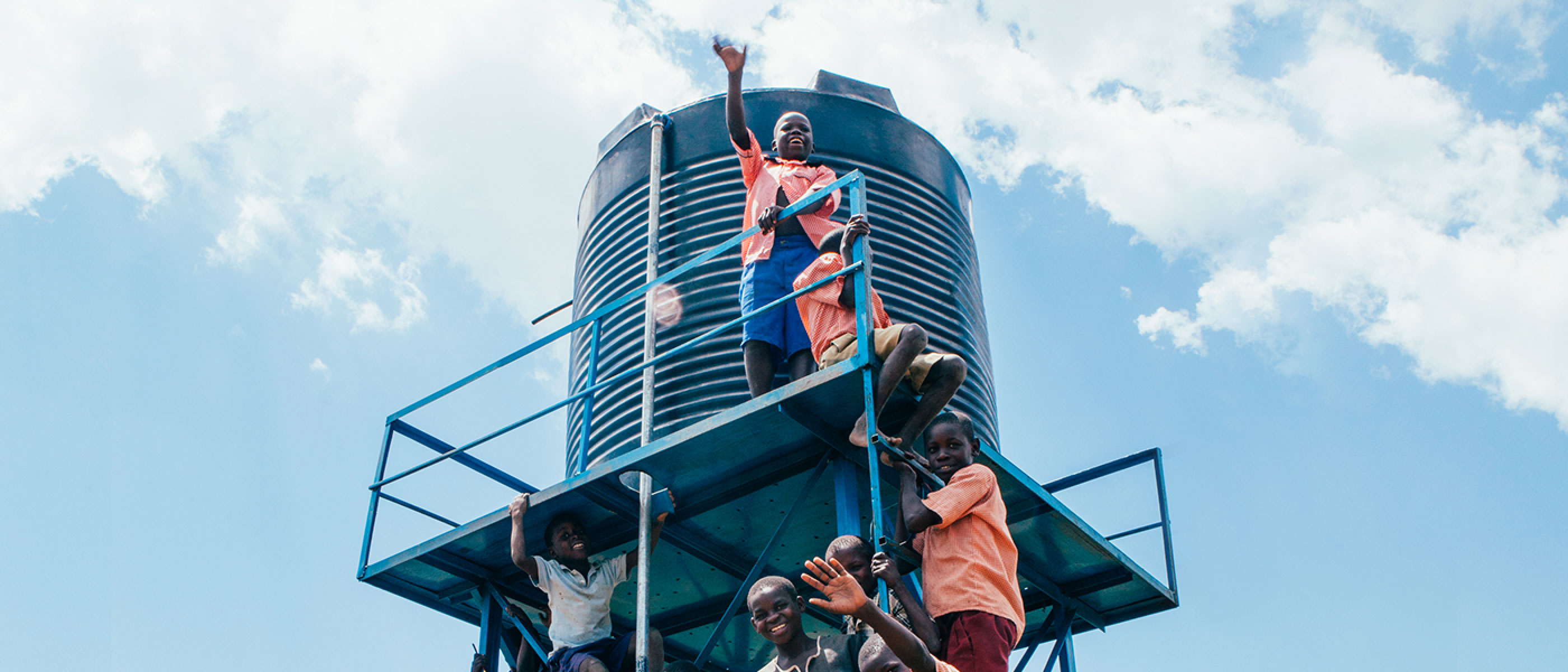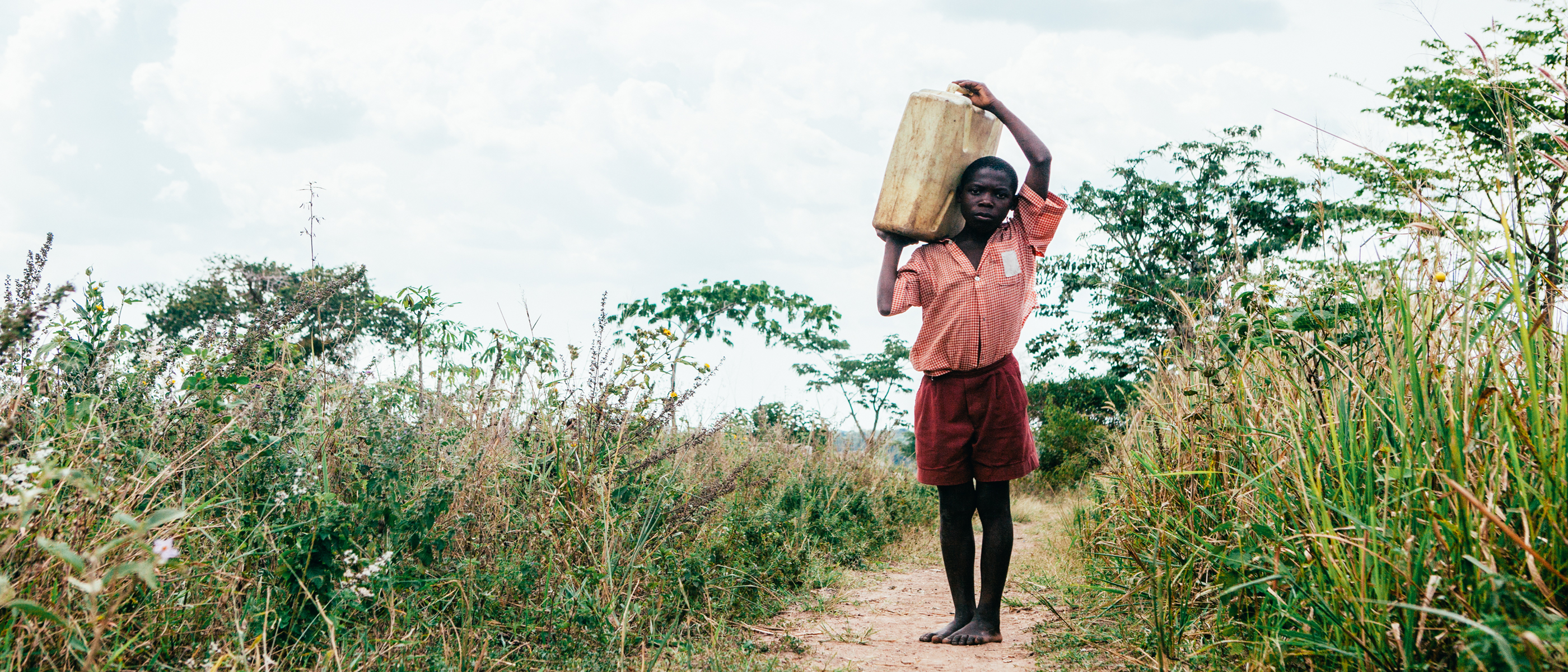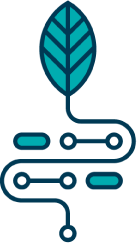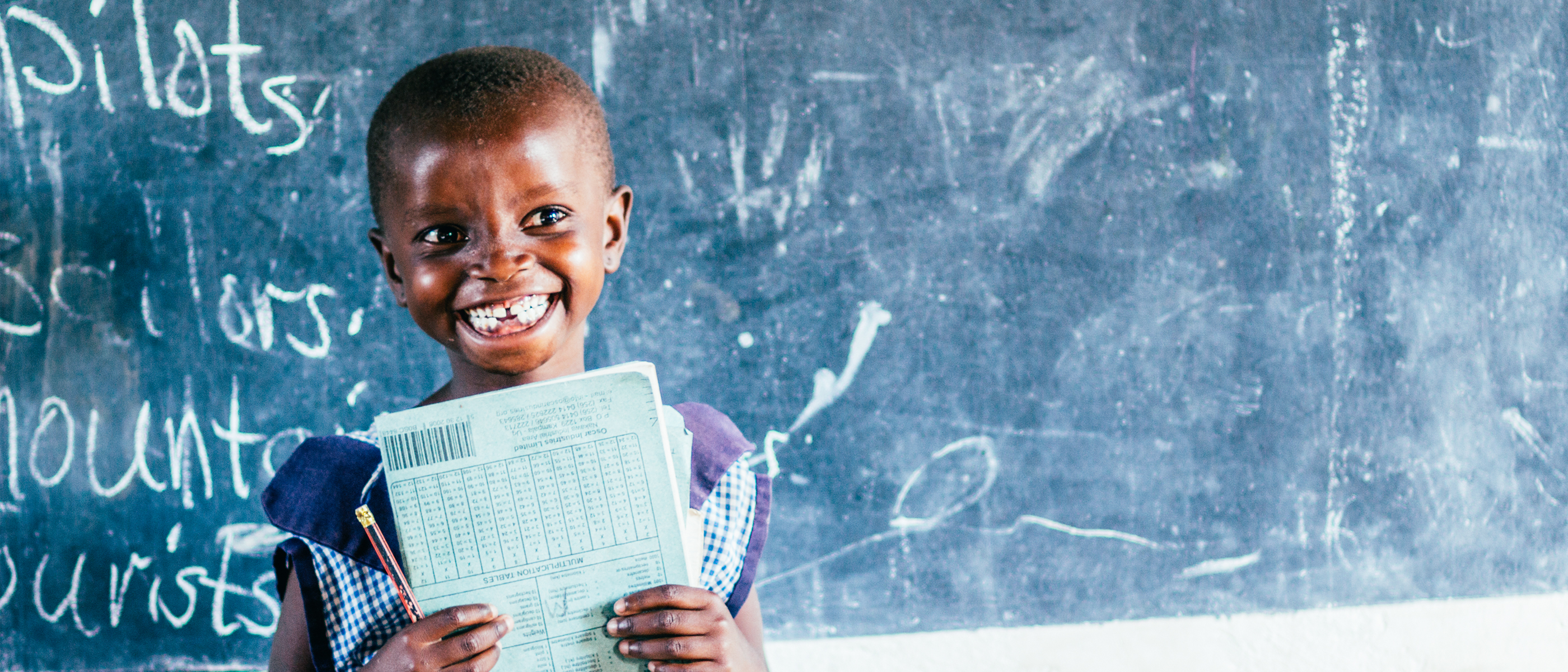
Our Mission
Thirst Project is a nonprofit organization that works with the support of young people to END the global water crisis by building freshwater wells in developing communities that need safe, clean drinking water. Why Water? Health and Sanitation: Waterborne diseases are responsible for more easily preventable young deaths a year than HIV, Malaria, and all world violence combined. Small children typically do not have strong enough immune systems to fight diseases like cholera, dysentery, or schistosomiasis. *Data sourced from the UN
If we achieve universal access to clean water and sanitation & hygiene, we could reduce the global disease burden by 10%. Clean water also plays an incredibly critical role in effectively treating and managing HIV/AIDS in rural communities. The Kingdom of eSwatini, for example, has the single-highest-density population of HIV/AIDS in the world. For a person with HIV/AIDS, even if you have access to medical treatment or antiretroviral medication, but are still forced to drink dirty water from contaminated sources, the diseases in the water you drink will actually kill you faster than AIDS itself. *Data sourced from UN
Women and children spend on average six to eight hours each day walking to fetch water. The average distance that women and children in developing communities walk to fetch water is 3.75 miles. The time children spend collecting water keeps them from going to school and getting an education. *Data sourced from the UN
50%
Today, half of all child malnutrition is associated with unsafe water, inadequate sanitation and poor hygiene. *Data sourced from the UN


Agriculture accounts for 70% of all water consumption worldwide.
Worldwide, agriculture accounts for 70% of all water consumption. Crops and livestock must have water to grow. When a community has a close, safe water source, locally-grown food provides for a sustainable food source. *Data sourced from UN

When a student gains perspective on an issue as big as the global water crisis, amazing things happen! In ten years we have spoken to over 500,000 students, and STUDENTS have been the driving force in helping us raise over 10 million dollars, giving clean water to 13 different countries and over 500,000 people!
Together, this generation, everyone alive today WILL be the ones to end this. WE will be the ones to push the water crisis into the history books. We invite you to learn more here and join us.

Carrying a jerry can that weighs 44 pounds over 3.75 miles is incredibly physically demanding.